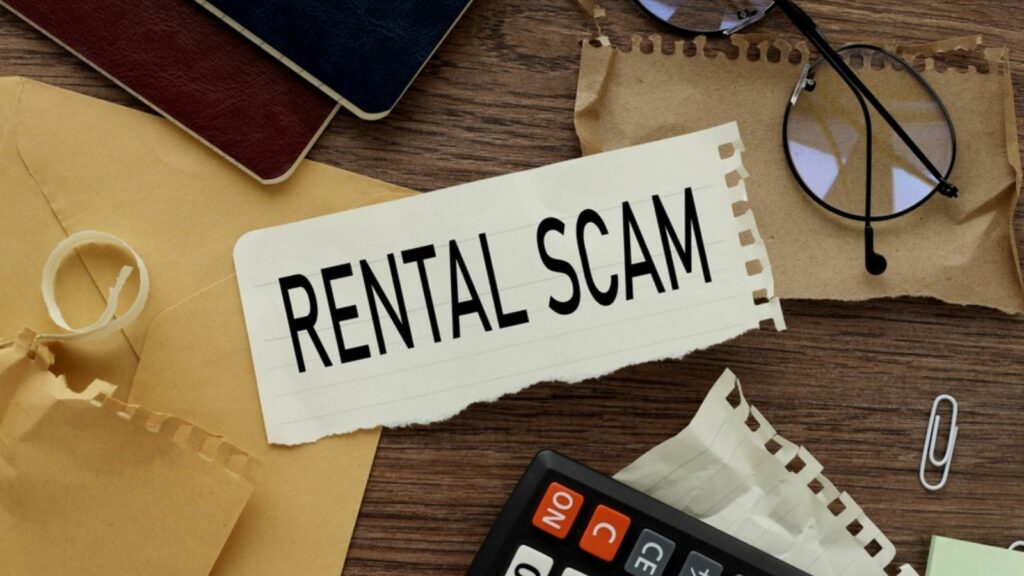Renting a home may seem like a more affordable option than buying, but there’s hidden costs that many people don’t know about. In 2024, the landscape of renting is changing as there’s new fees, rising costs and unexpected expenses that can quickly add up. We look at 18 surprising facts about the hidden costs of renting:
Increased Security Deposits
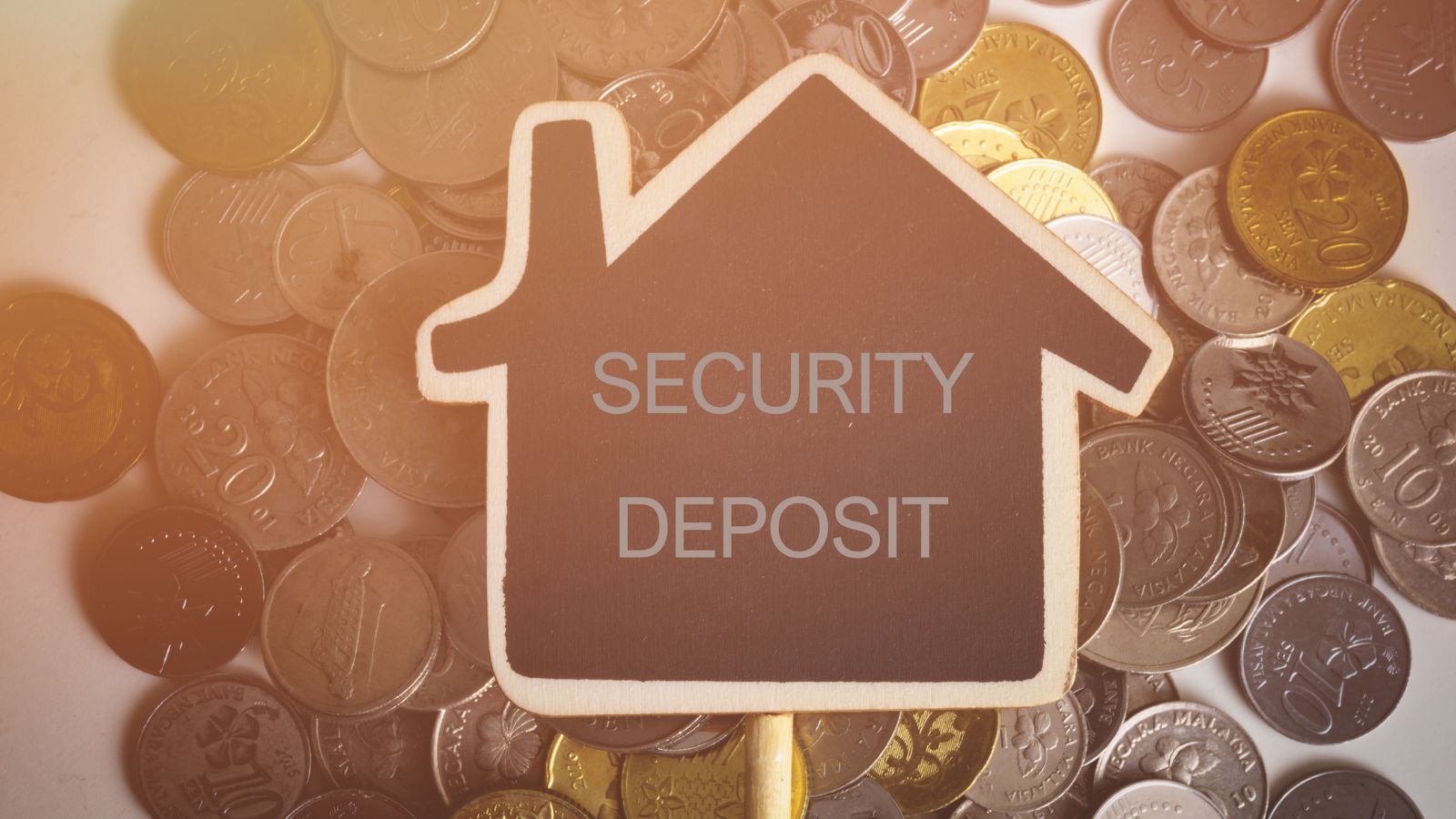
As rental prices rise, so do security deposits. Landlords are requesting larger deposits to cover potential damages or missed rent payments, with tenants often requiring two to three months’ rent upfront. In high-demand cities, security deposits can amount to several thousand dollars, which many can’t afford.
Application Fees Are Higher
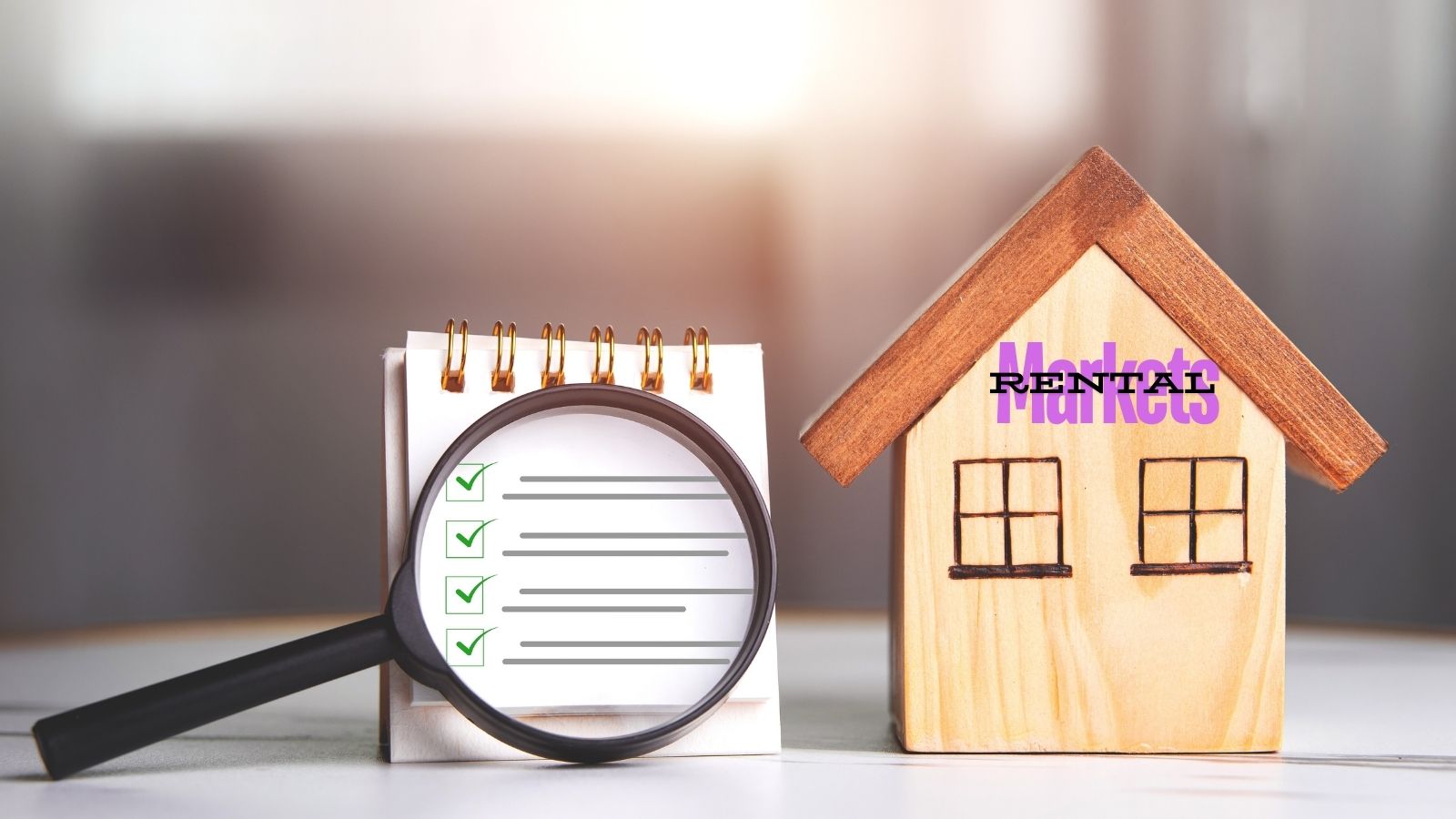
Rental application fees have increased in many regions, especially in competitive rental markets. Some landlords charge up to $100 per applicant and if you’re applying to multiple properties these fees can quickly add-up.
Pet Deposits and Monthly Fees

Pet owners are often hit with extra costs, including a non-refundable pet deposit and a monthly pet rent fee. In 2024, pet rental fees are more common, with fees ranging from $25 to $50 per month plus a pet deposit of $200 to $500.
Utility Setup and Transfer Fees

Renters are often responsible for setting up and paying for utilities like electricity, gas and water. Utility companies may charge setup or transfer fees, which can range from $50 to $200, depending on the provider and location.
Renters Insurance Requirements
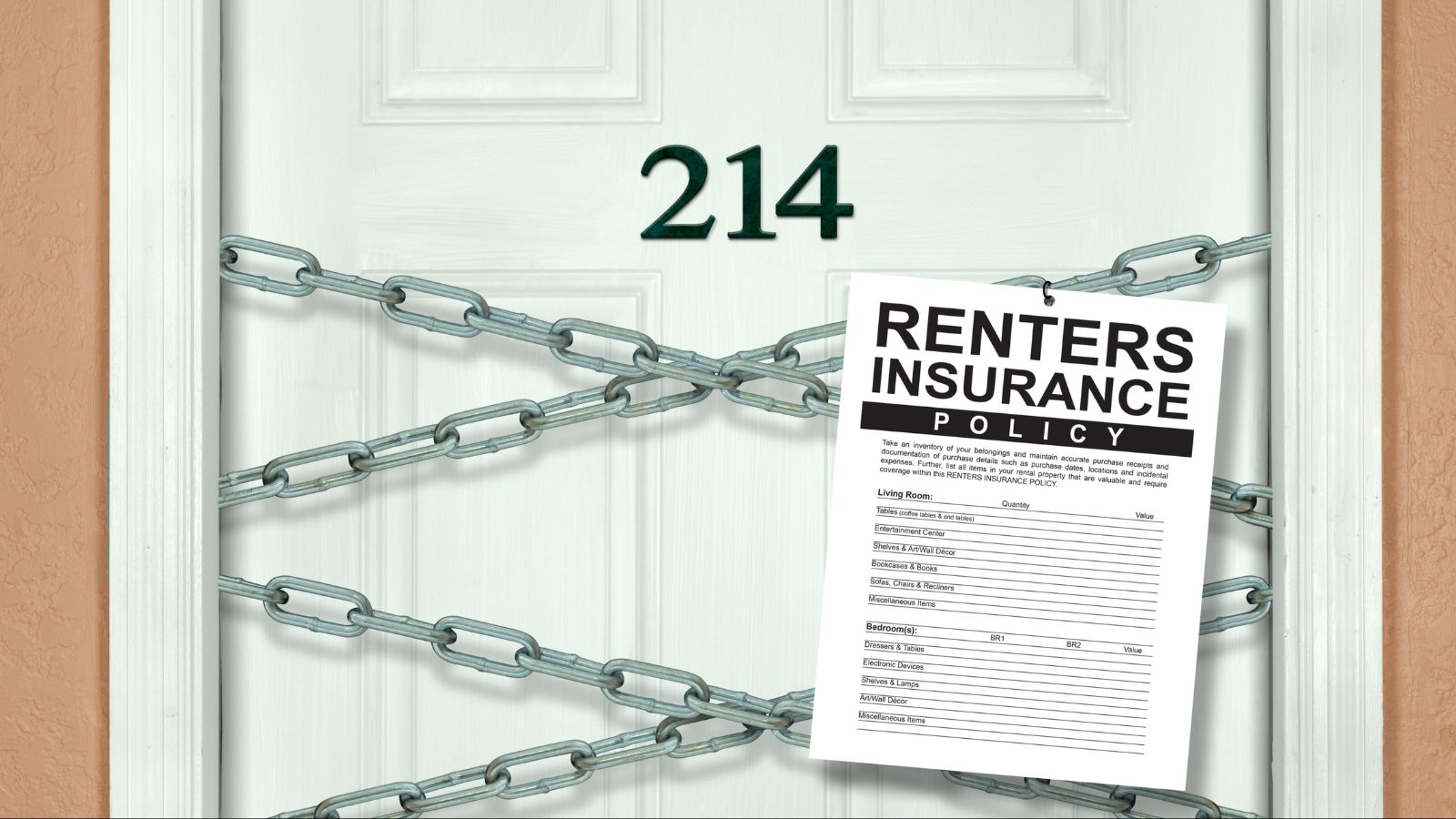
In 2024, more landlords require tenants to carry renters insurance, which protects personal property and liability. While renters insurance is relatively affordable, typically costing $15 to $30 per month, it’s an added expense many people forget to budget for.
Move-In and Move-Out Fees

Some landlords charge move-in or move-out fees to cover the cost of preparing the unit. These fees can range from $100 to $500, depending on the property. Unlike a security deposit, these fees are usually non-refundable even if you offer to do all of the prep yourself.
Parking Fees
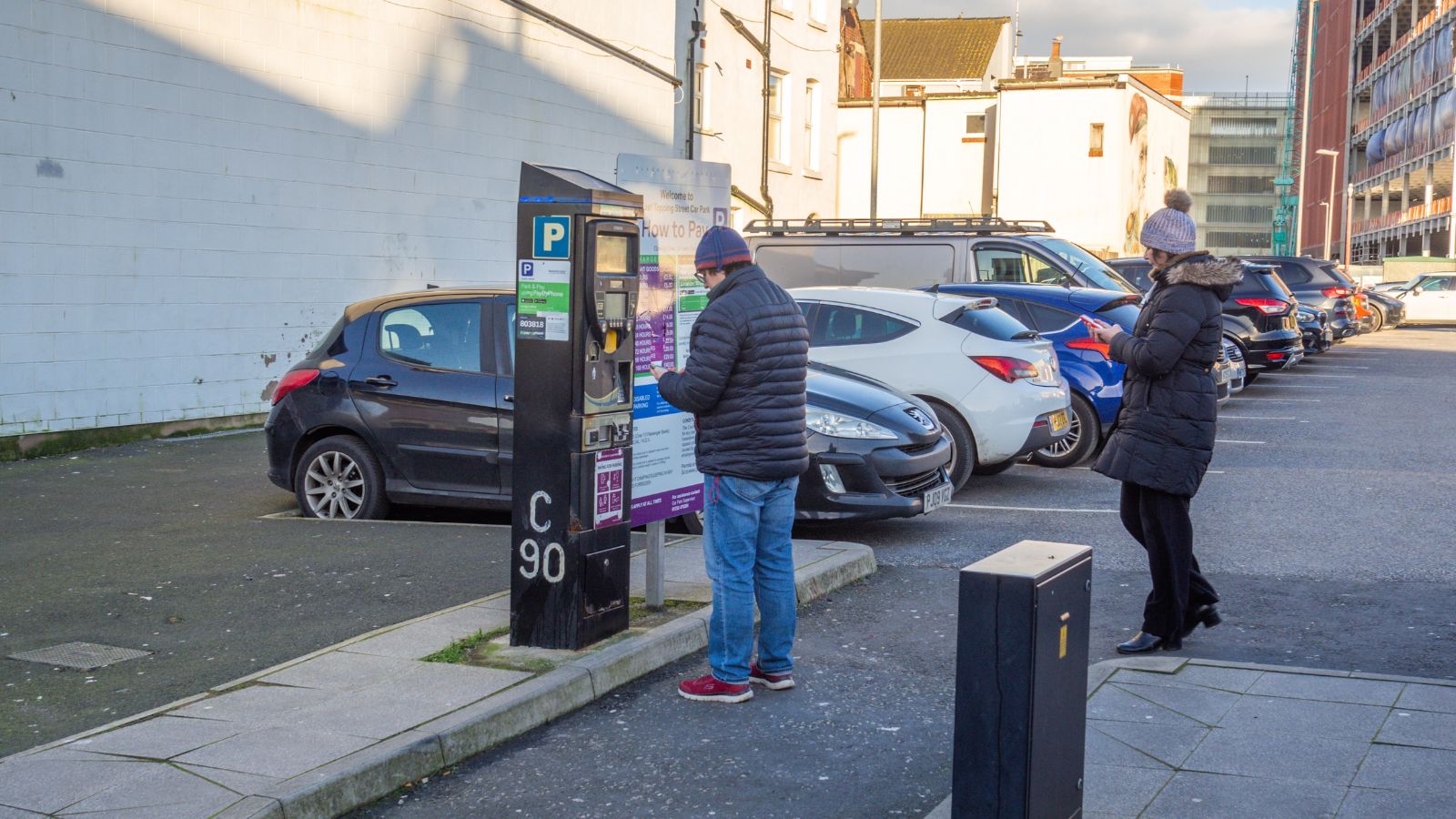
In urban areas or apartment complexes with limited parking, landlords may charge additional fees for a reserved parking space. Monthly parking fees can range from $50 to $300, depending on the location and can often exceed this price in luxury buildings.
Higher Fees for Short-Term Leases
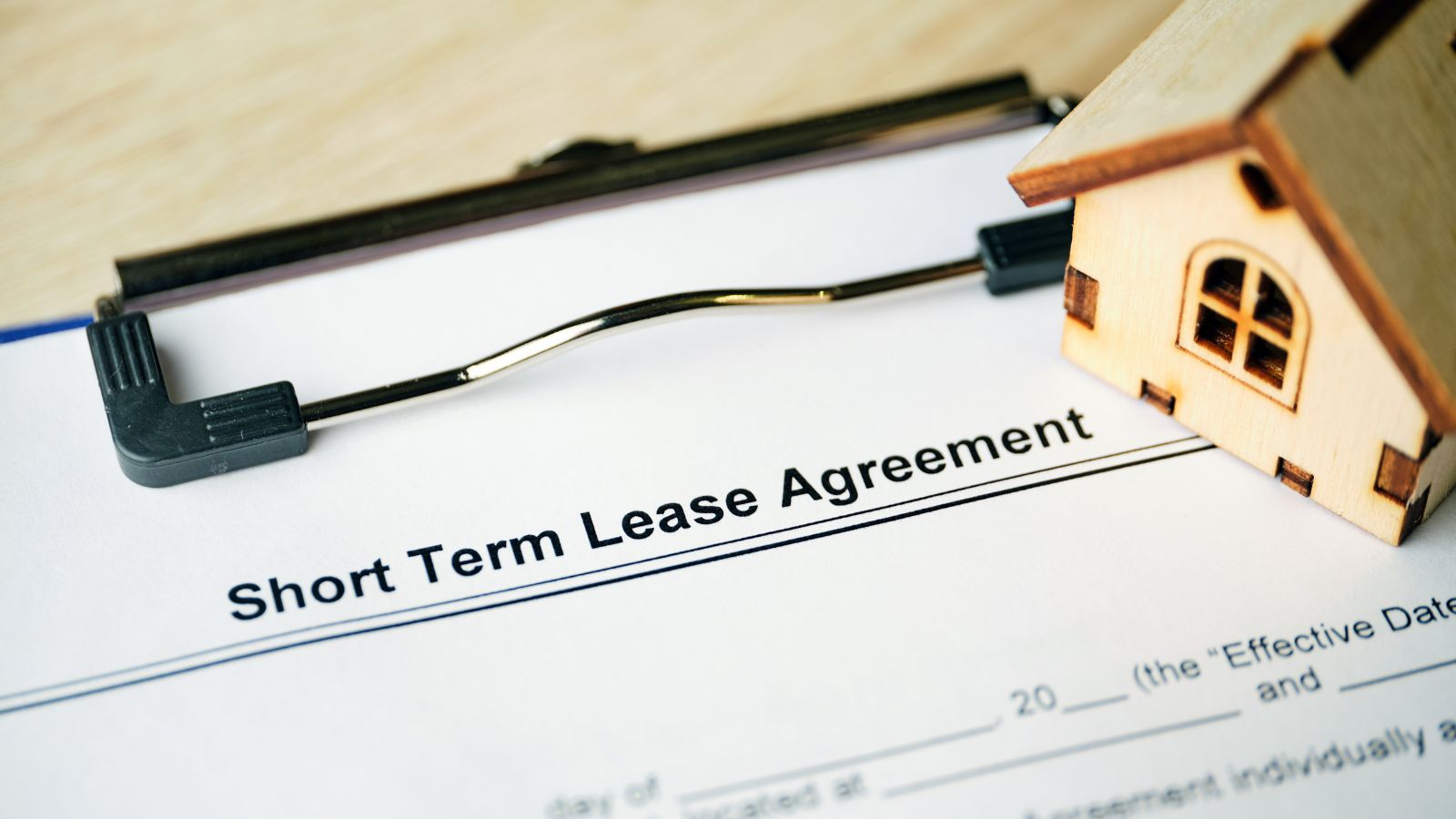
In 2024, landlords have increased rates for short-term leases (less than 12 months). If you sign a 6-month lease instead of a standard 12-month lease, you may be charged a higher rent or additional fees.
Maintenance Fees
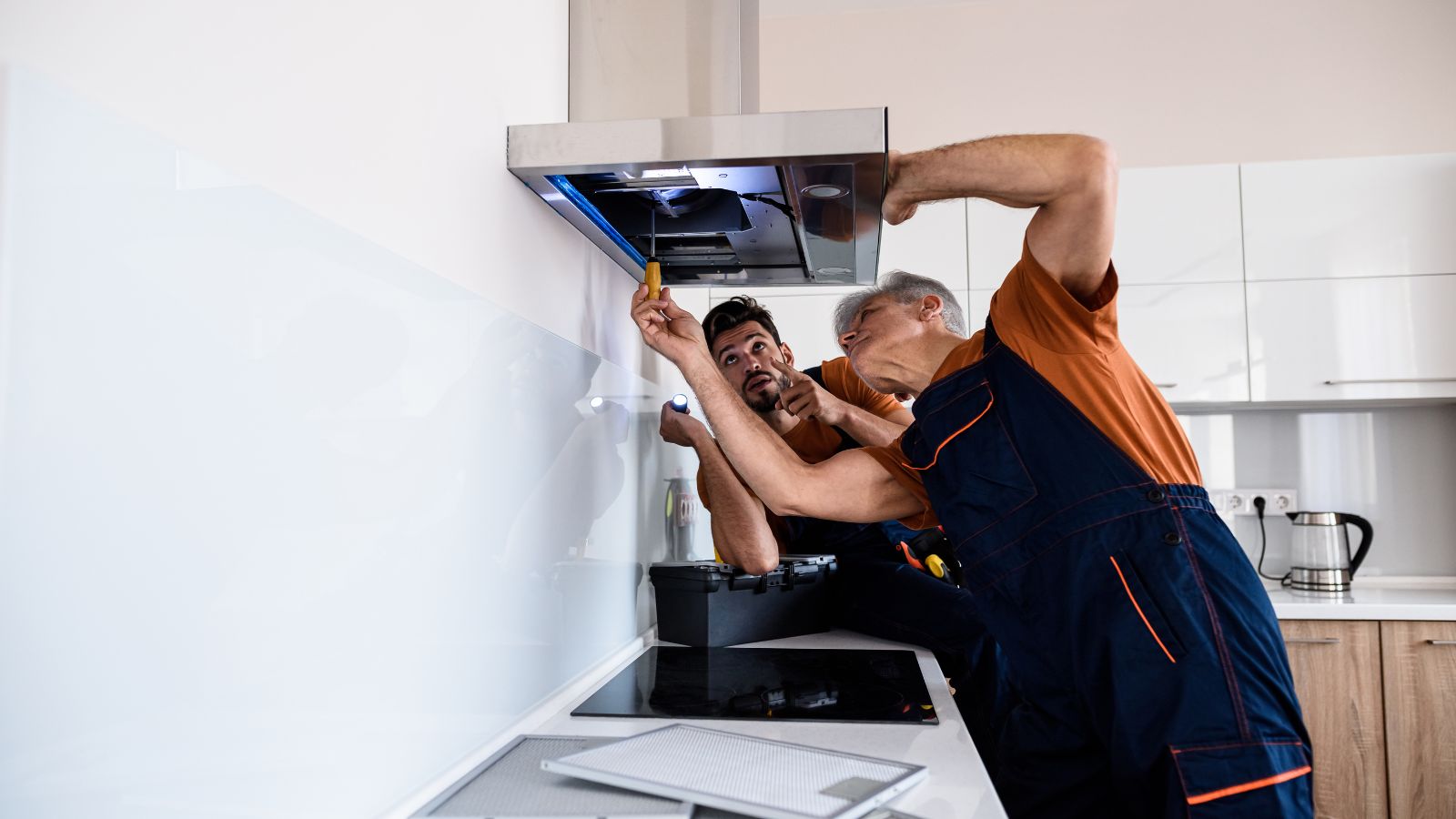
While some maintenance tasks are covered by the landlord, more property managers are passing on minor repair costs to tenants. This could include fees for things like lightbulb replacements, minor plumbing fixes, or pest control services.
HOA Fees for Condos or Managed Properties
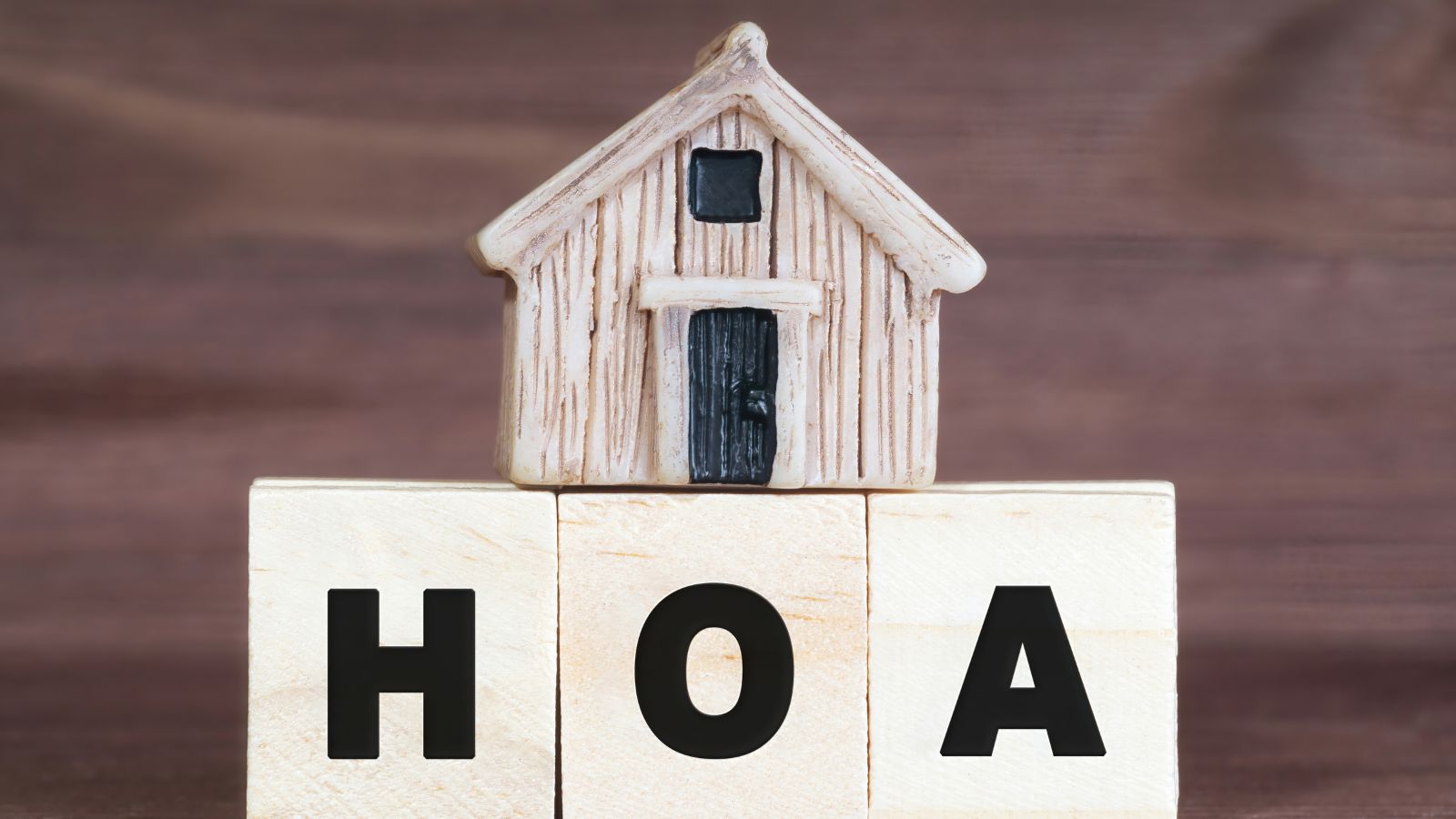
If you’re renting a unit within a building governed by a Homeowners Association (HOA), you might be responsible for monthly HOA fees, which cover maintenance of shared spaces. These fees can range from $100 to $500 per month, depending on the property.
Increased Late Fees
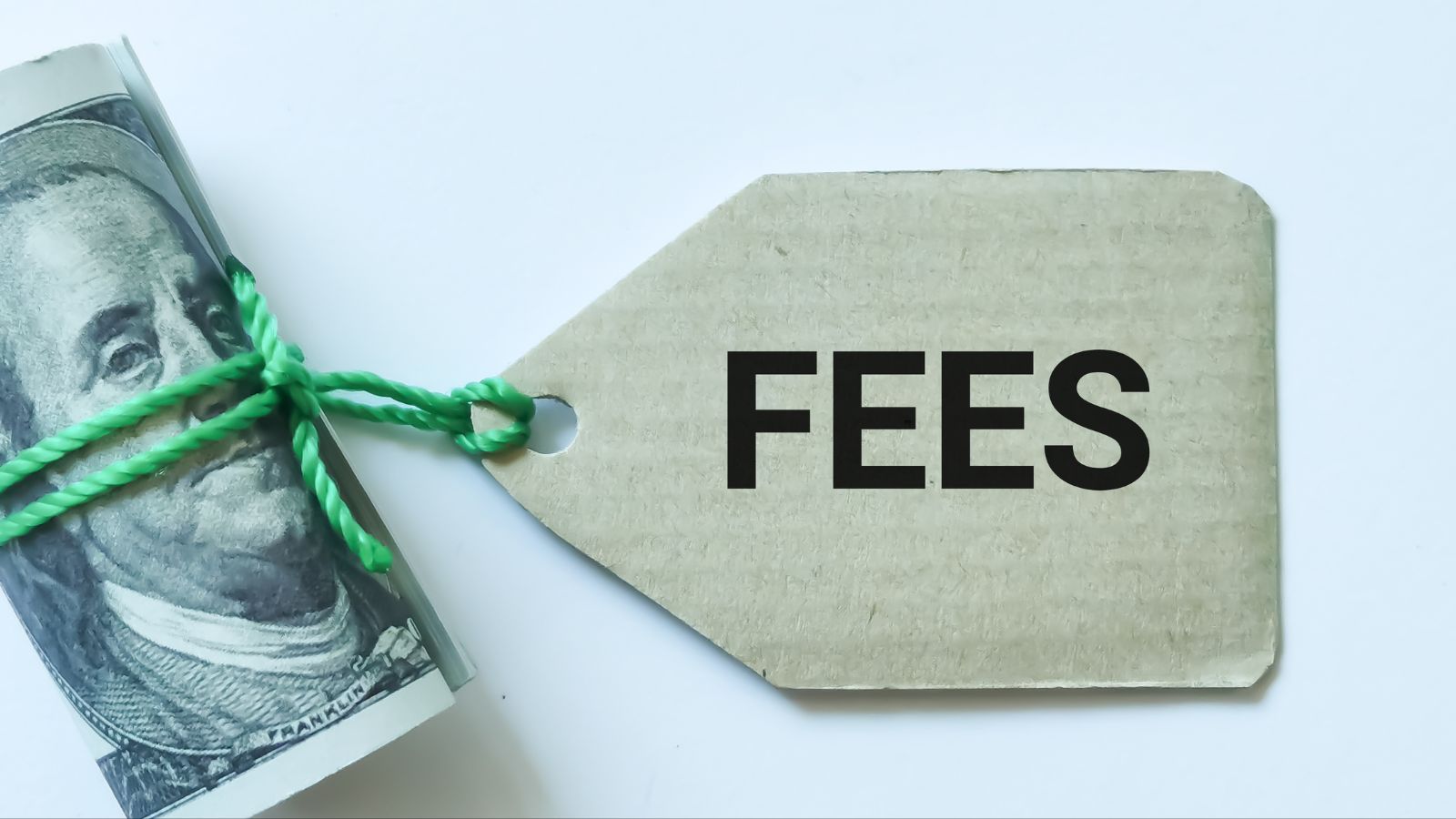
In 2024, landlords have become stricter about late rent payments, with higher penalties for missing the deadline. Late fees can range from a flat fee of $50 to $150 or a percentage (usually 5-10%) of the monthly rent.
Amenity Fees
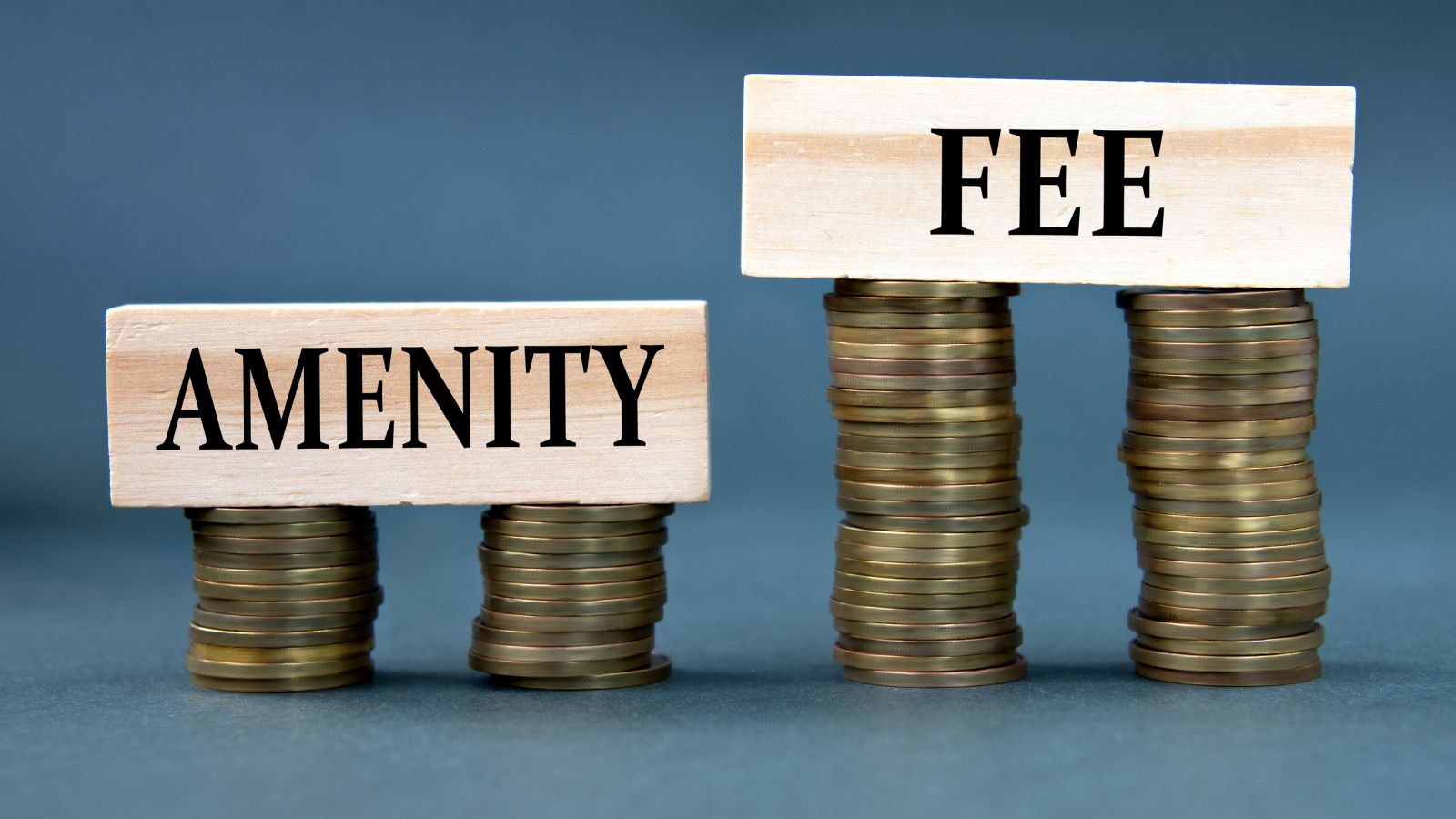
Modern apartment complexes often come with amenities like gyms, pools and clubhouses, but many now charge extra for their use. You could be charged anywhere from $25 to $150 a month for access to these facilities.
Background Check and Credit Report Fees
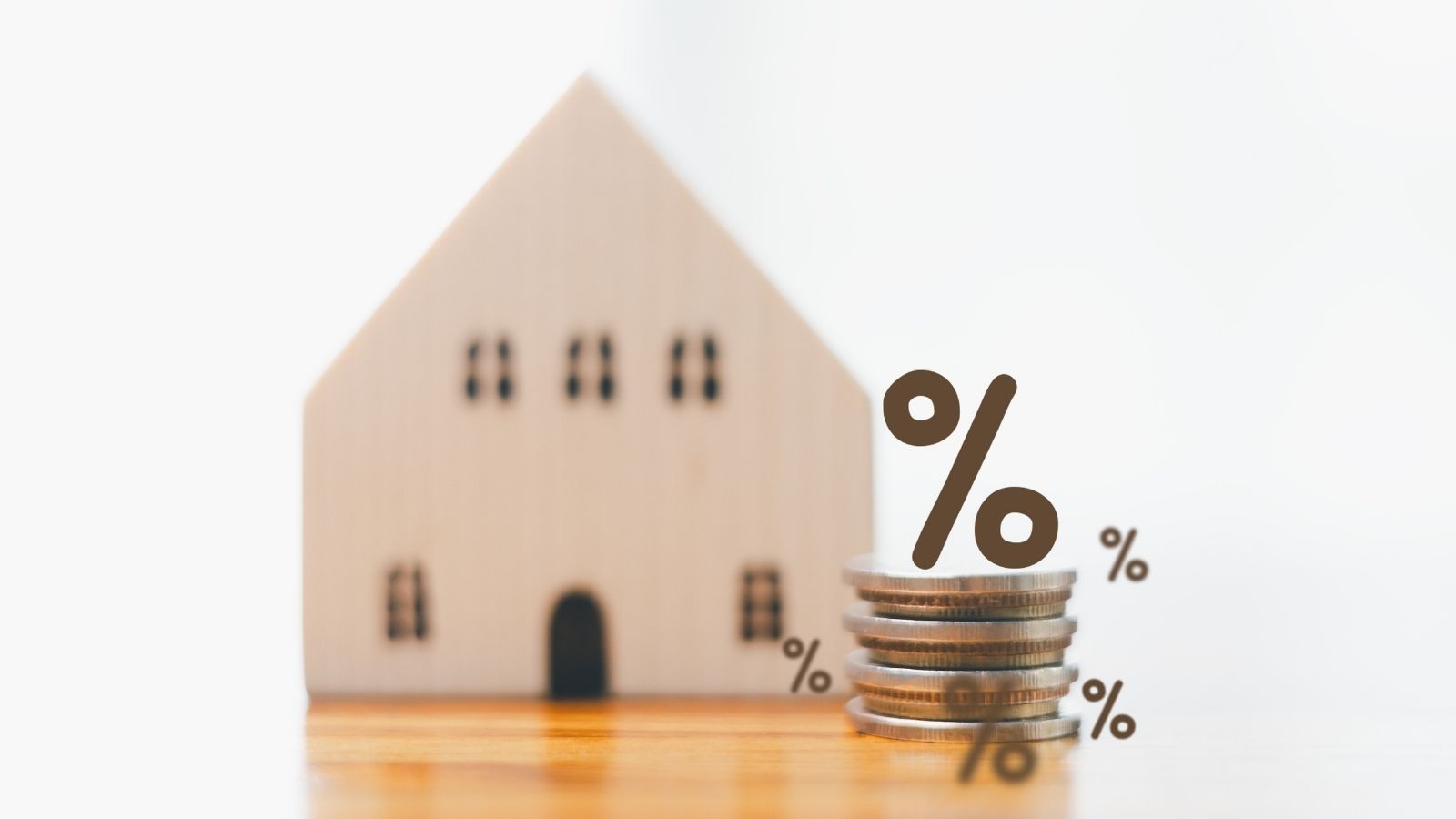
Along with application fees, many landlords charge separately for background checks and credit reports. These costs, typically $25 to $50 per applicant, are non-refundable and can pile up if you’re applying to multiple properties.
Mandatory Cleaning Fees
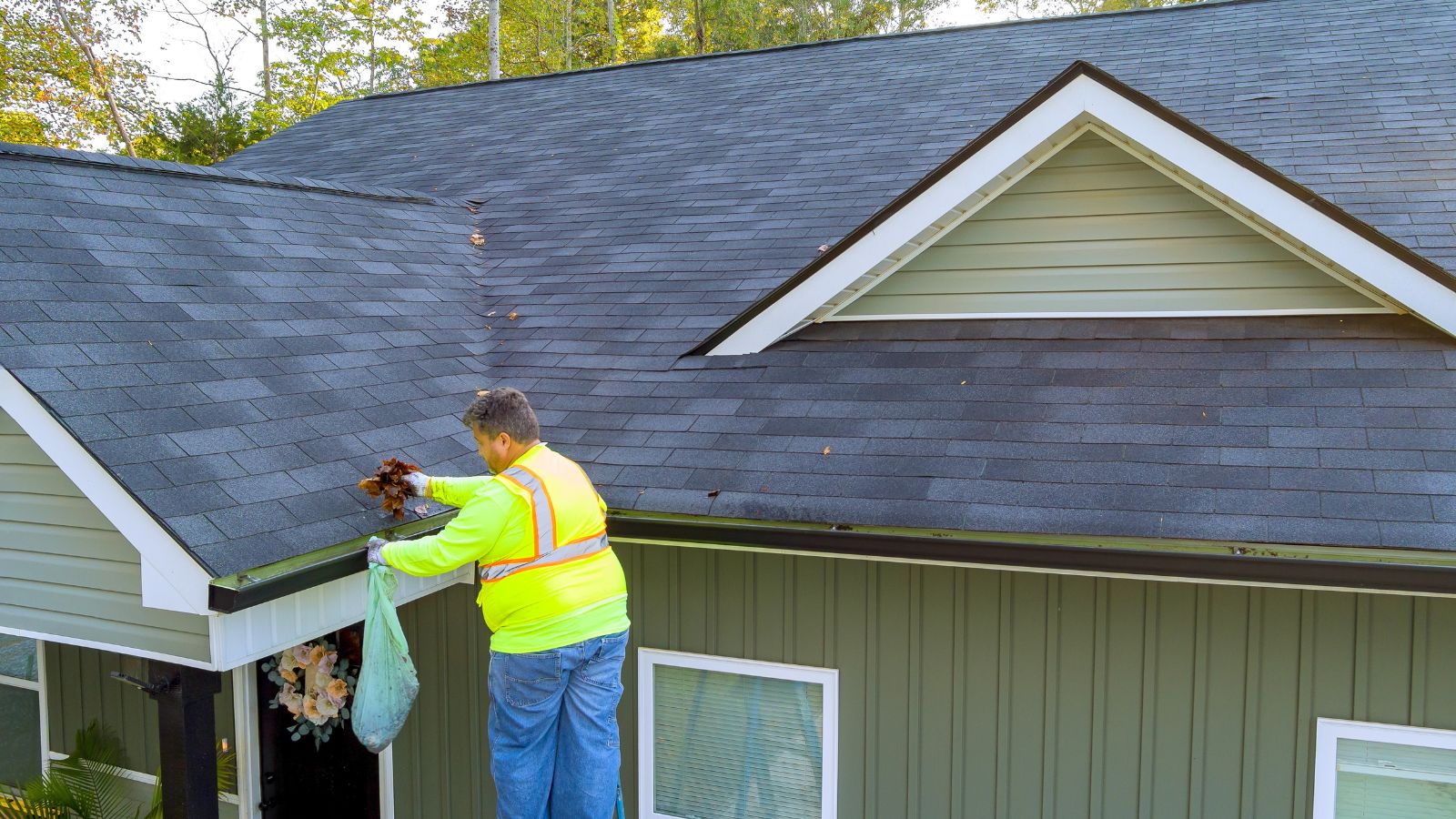
Some landlords now charge mandatory cleaning fees, even if the tenant leaves the property in good condition. These fees range from $100 to $400 and are non-refundable, regardless of how clean the unit is upon move-out.
Early Termination Penalties

Breaking a lease early can lead to hefty penalties, often requiring tenants to pay one to two months’ rent as a fee. In 2024, some landlords have made these fees more rigid and expensive to discourage early departures.
Automatic Rent Increases
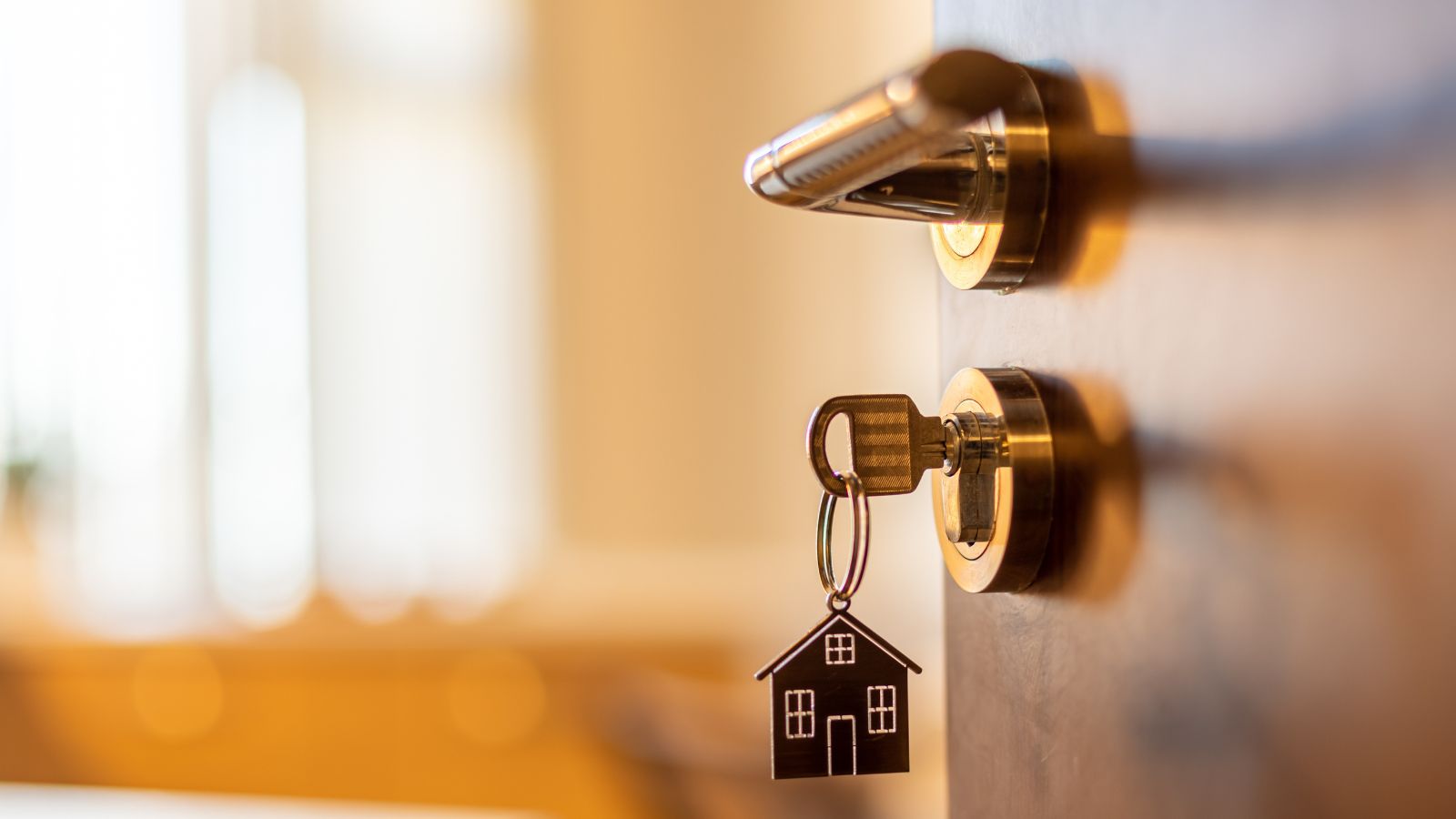
Many rental contracts now include clauses that allow for automatic rent increases at the end of a lease term, even without signing a new lease. These increases can range from 2% to 10% annually, which may come as a surprise to tenants who didn’t read the fine print.
Furnished Apartment Premiums
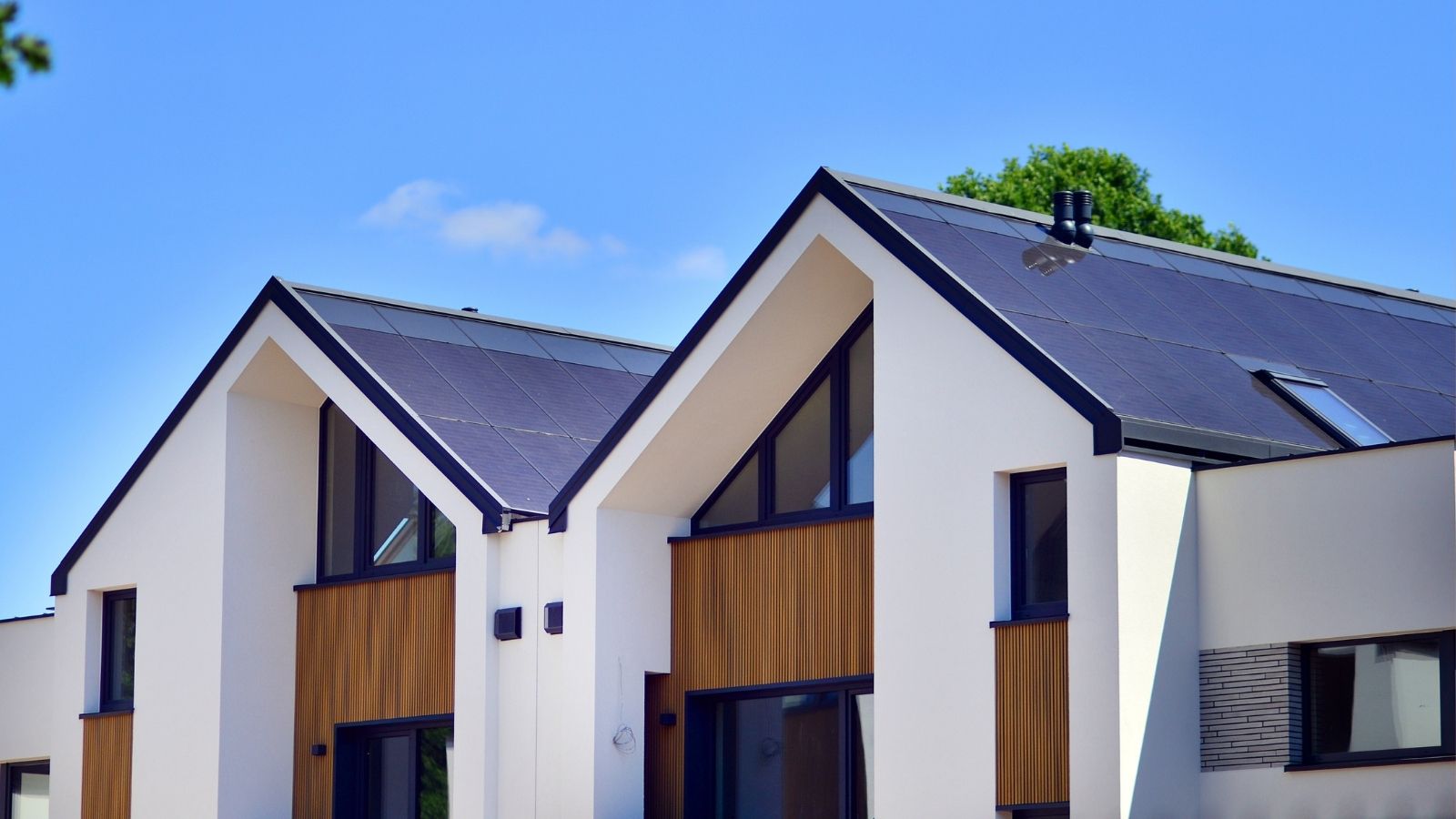
Renting a furnished apartment can be convenient, but it often comes with a premium. Furnished units typically cost 15% to 30% more than their unfurnished counterparts, which can lead to significantly higher monthly expenses.
Rent Payment Processing Fees
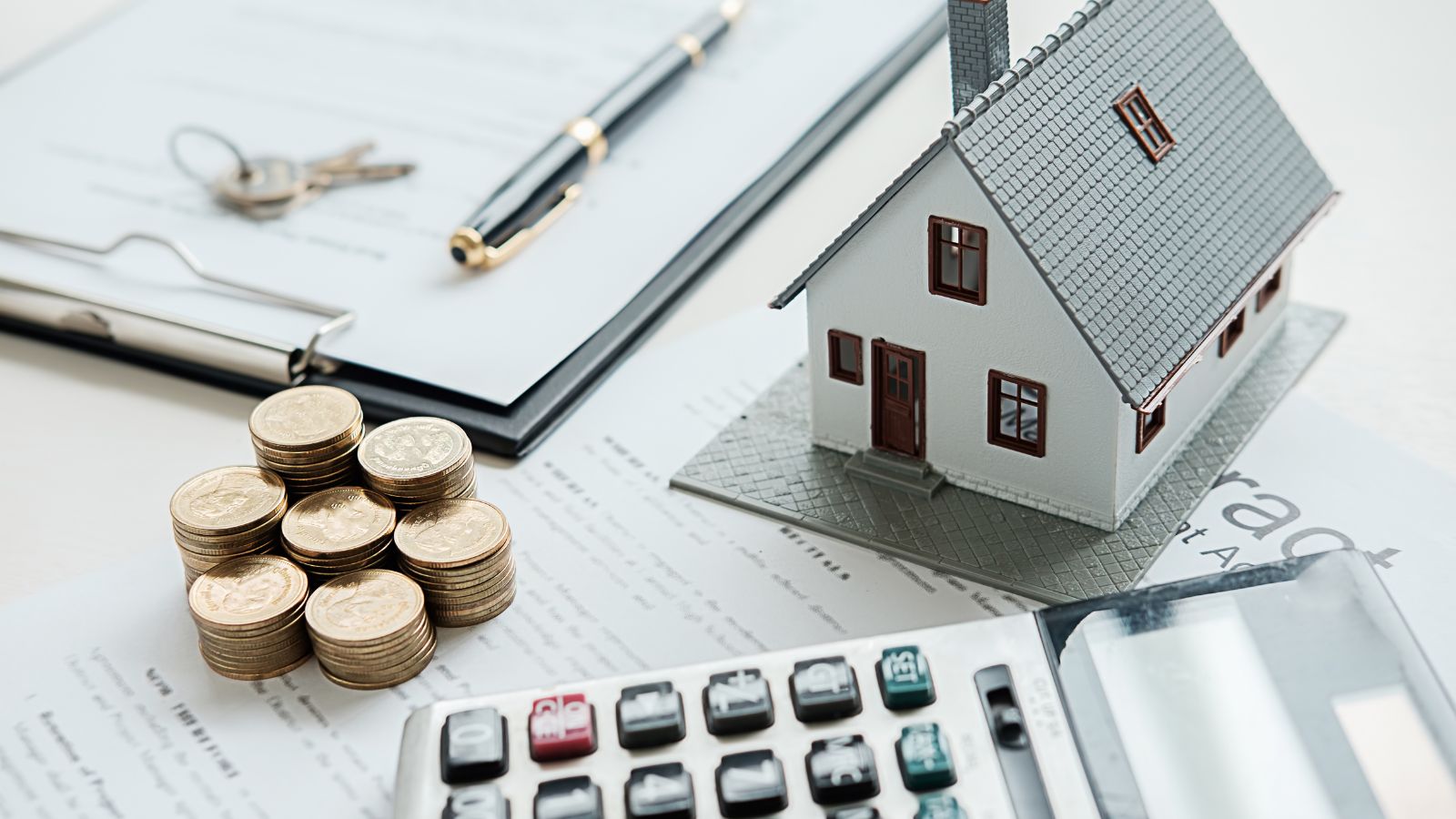
In 2024, more landlords and property managers are using third-party platforms for rent collection, which may charge processing fees for electronic payments. These fees range from $5 to $50 per payment, depending on the platform and payment method.
18 Reasons Why People Are Leaving Florida in Masses

Exploring factors that impact the desirability of living in Florida, this list delves into various challenges shaping residents’ experiences. From environmental concerns like rising sea levels to economic factors such as fluctuating job markets, these issues collectively contribute to a nuanced understanding of the state’s appeal.
18 Reasons Why People Are Leaving Florida in Masses
